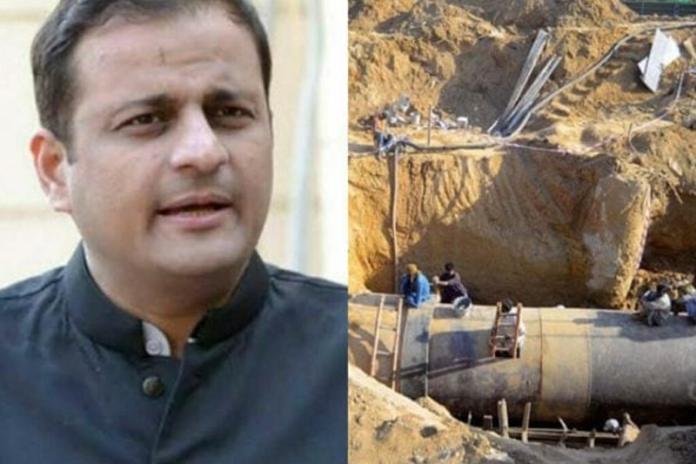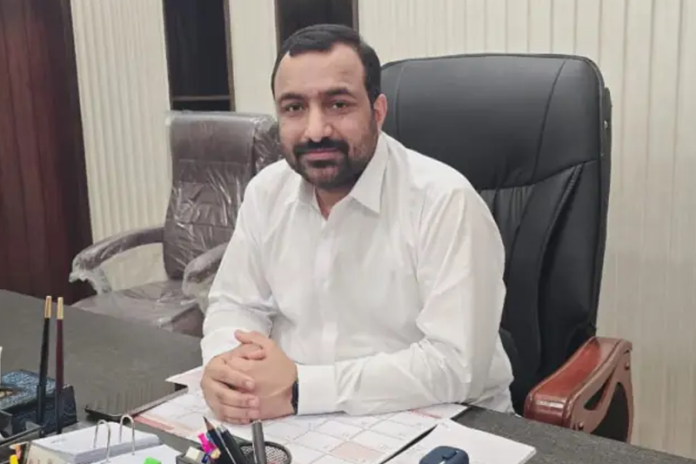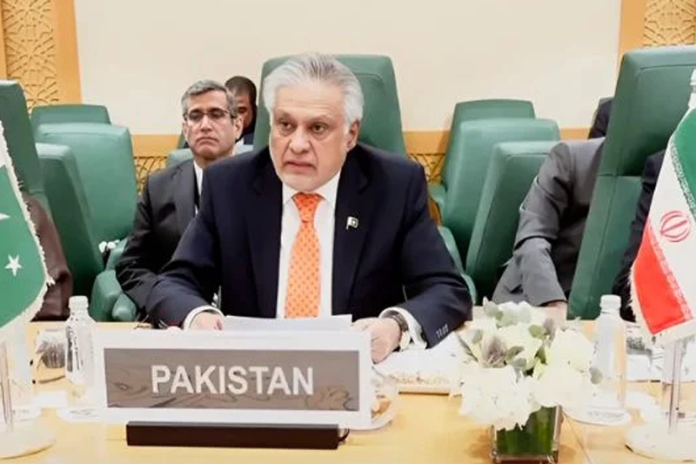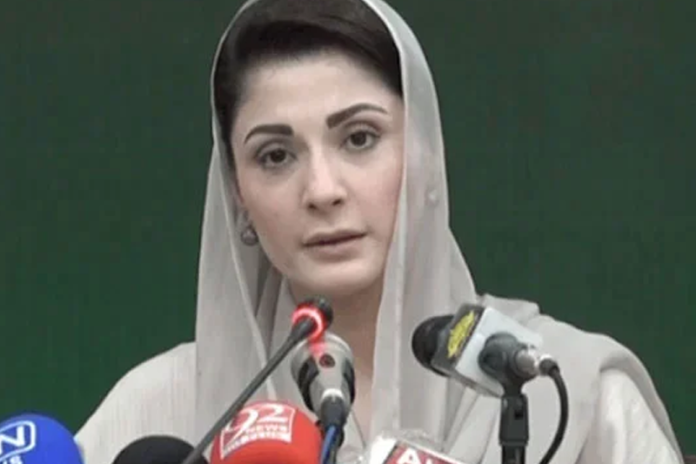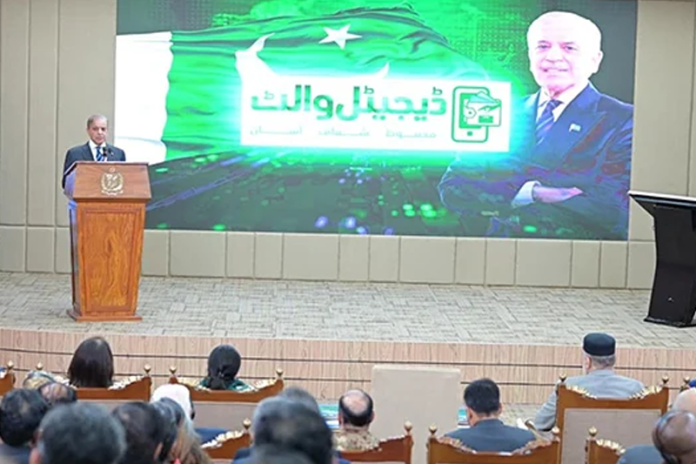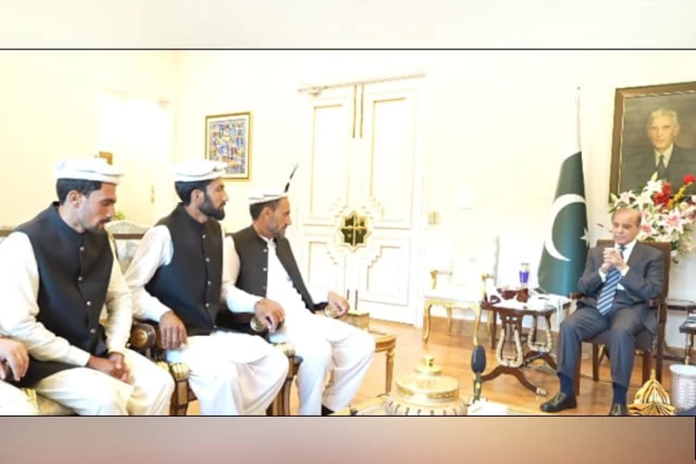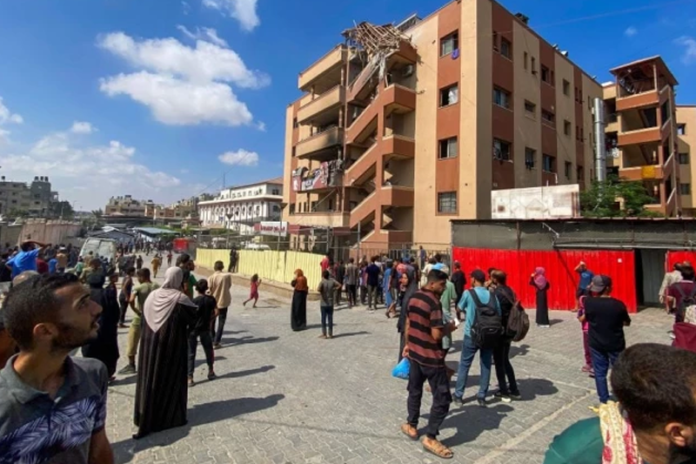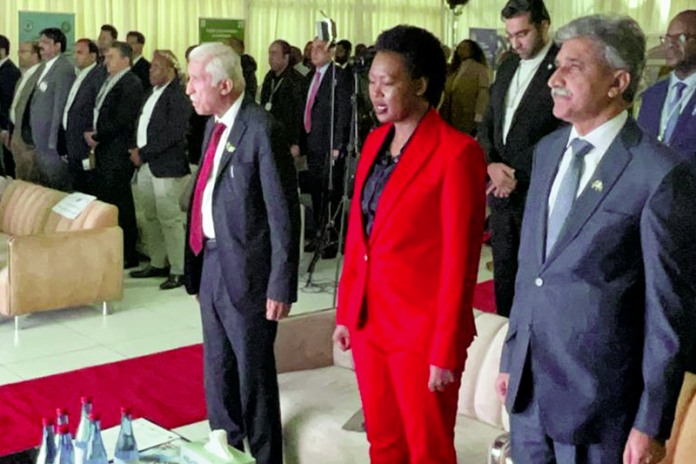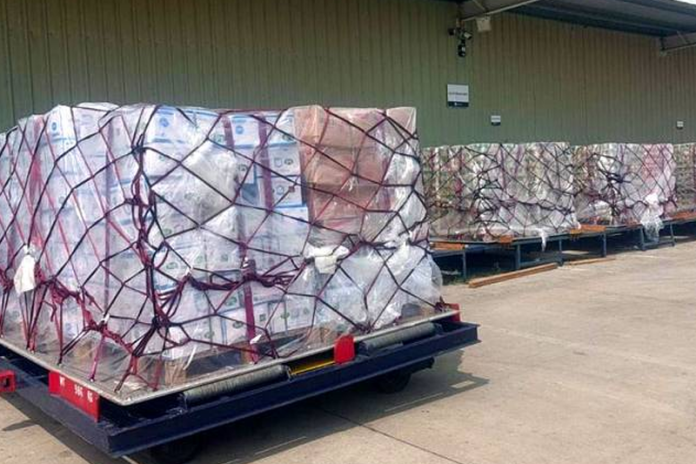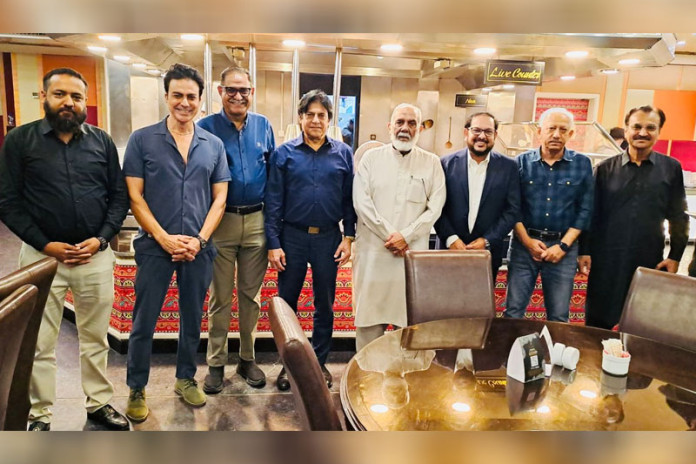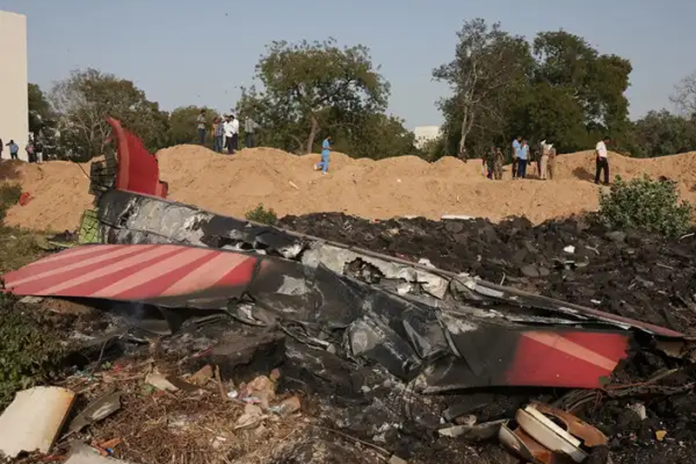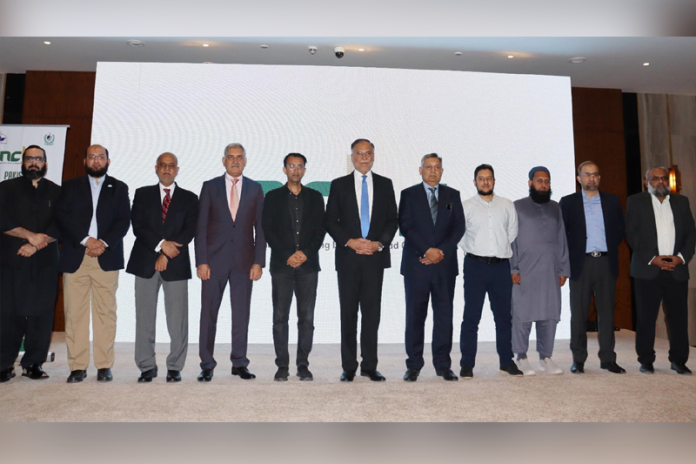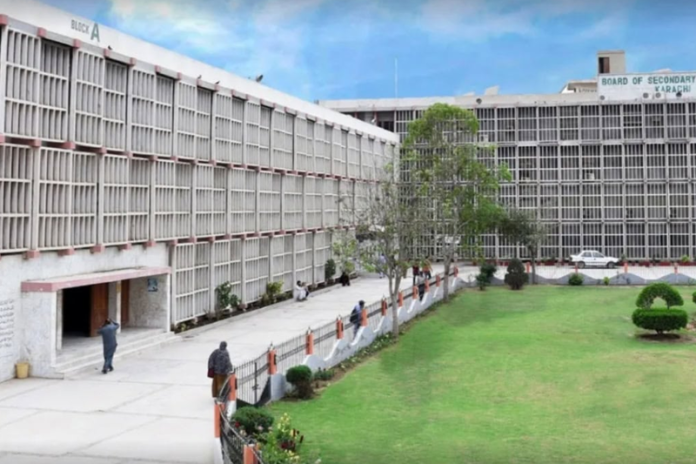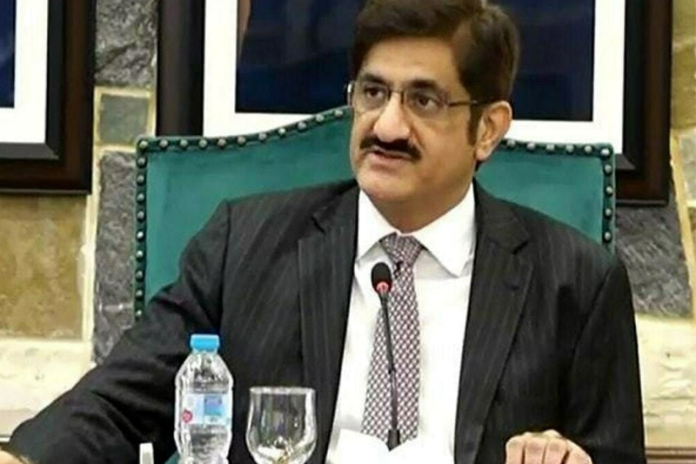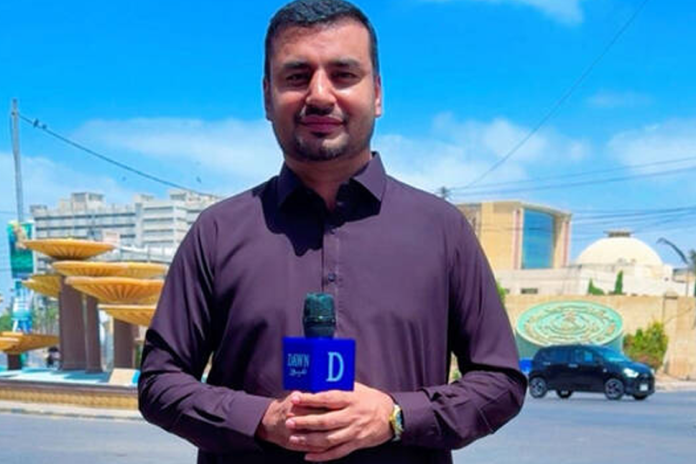Election reforms in Pakistan: Upholding fairness and transparency in democratic processes
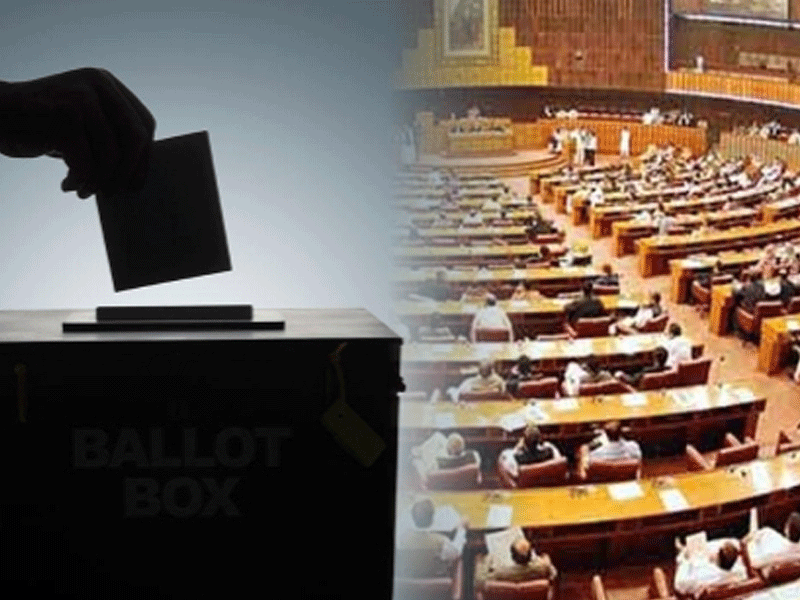
- 262
- 0
Elections form the cornerstone of any democratic nation, serving as a fundamental expression of the people's will. In Pakistan, as in many countries, the pursuit of fair and transparent elections has been an ongoing endeavor. The need for comprehensive electoral reforms stands imperative, aiming not only to rectify existing inadequacies but also to fortify the democratic framework for the future.
The Imperative for Reform
Pakistan's electoral history has witnessed challenges and controversies, ranging from allegations of rigging to concerns about transparency. To address these issues, significant efforts have been made to introduce reforms that ensure fairness, inclusivity, and transparency in the electoral process.
Progress in Electoral Reforms
Over recent years, Pakistan has made strides in amending electoral laws and procedures. The introduction of electronic voting machines (EVMs) and the establishment of the Election Commission of Pakistan (ECP) are noteworthy steps toward modernizing the electoral system. The aim is to minimize irregularities, enhance efficiency, and improve the overall electoral process.
Enhancing Transparency and Accountability
Transparency in campaign financing and candidate eligibility criteria has been a focal point of the reform agenda. Implementing measures to disclose political funding sources and ensuring the financial accountability of political entities is crucial. Strengthening rules governing candidate qualifications and disqualifications promotes transparency and upholds the integrity of the electoral process.
Challenges on the Path to Reform
Despite progressive reforms, challenges persist. Issues such as voter intimidation, lack of voter education, and the need for a more independent and empowered Election Commission pose hurdles to achieving truly transparent and fair elections. Additionally, the consensus among political stakeholders for comprehensive reforms remains a critical challenge.
The Significance of Fair and Transparent Elections
Fair and transparent elections are the cornerstone of a vibrant democracy. They foster public trust in the electoral process, ensuring that citizens' voices are accurately reflected in governance. When elections are conducted with integrity, the legitimacy of elected representatives is bolstered, paving the way for effective governance and policy-making.
Conclusion
The pursuit of robust electoral reforms in Pakistan is not merely a procedural adjustment but a fundamental commitment to democracy. A fair and transparent electoral system is integral to upholding the democratic values enshrined in the country's constitution. Comprehensive reforms that address shortcomings and promote inclusivity, transparency, and accountability are essential to fostering a thriving democratic society in Pakistan.
In conclusion, while progress has been made in the sphere of electoral reforms, the journey toward a fully transparent and fair electoral system continues. The collective effort of stakeholders, political will, and an unwavering commitment to democratic principles will be instrumental in shaping a more equitable and participatory electoral landscape in Pakistan.
Published in The Daily National Courier, December, 21 2023
Like Business on Facebook, follow @DailyNCourier on Twitter to stay informed and join in the conversation.



